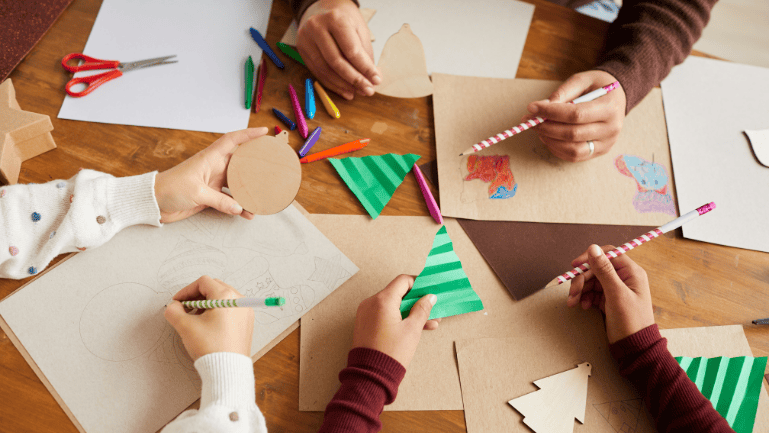The summer months can be a time for fun and relaxation, but for students, it can also be a time of decreased academic engagement and the summer slump. The summer slump refers to a decline in academic performance that can occur when students take a break from school and educational activities during the summer months. However, with a little effort and planning, students can stay engaged in education and avoid the summer slump. Here are some tips to help students stay engaged in education during the summer months:
- Read for fun: Reading is a great way to keep the mind engaged and active. Encourage students to read books of their choice during the summer break. This could be a great opportunity to read books they are interested in but didn't have time for during the school year.
- Join a summer program, like Lake Cypress Summer Camp: Many schools and educational organizations offer summer programs and camps that can help students stay engaged in education. These programs can include academic subjects such as math, science, and writing, as well as fun activities like sports, arts, and music.
- Explore new interests: The summer months can be a great time for students to explore new interests and hobbies. Encourage students to try new things like learning a new language, taking up a new sport, or exploring new subjects.
- Set goals: Setting goals can help students stay motivated and engaged in education during the summer break. Encourage students to set academic goals for the summer, such as reading a certain number of books, mastering a particular skill, or completing a project.
- Create a schedule: Creating a schedule can help students stay organized and focused during the summer break. Encourage students to create a daily or weekly schedule that includes time for academic activities, as well as time for fun and relaxation.
- Connect with others: Staying connected with peers and teachers can help students stay engaged in education during the summer break. Encourage students to connect with friends and classmates to discuss academic subjects, share ideas, and work on projects together.
- Learn through experiences: Learning doesn't just happen in the classroom. Encourage students to learn through experiences, such as visiting museums, going on nature walks, or volunteering in the community. These experiences can help students develop new skills and gain new knowledge.
By following these tips, students can stay engaged in education and avoid the summer slump. With a little effort and planning, the summer break can be a time of fun, relaxation, and continued learning.



/teachers-and-students-working-on-project-outside/globe-with-grad-cap-resting-on-books.png?h=433&iar=0&w=769&rev=2f225ab3bbef40c3af10d7005d430551&hash=EE403222E7F04CD8789D110BE91F0951)
